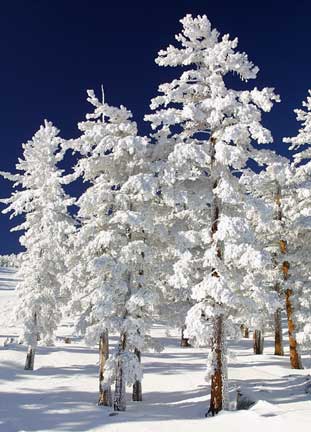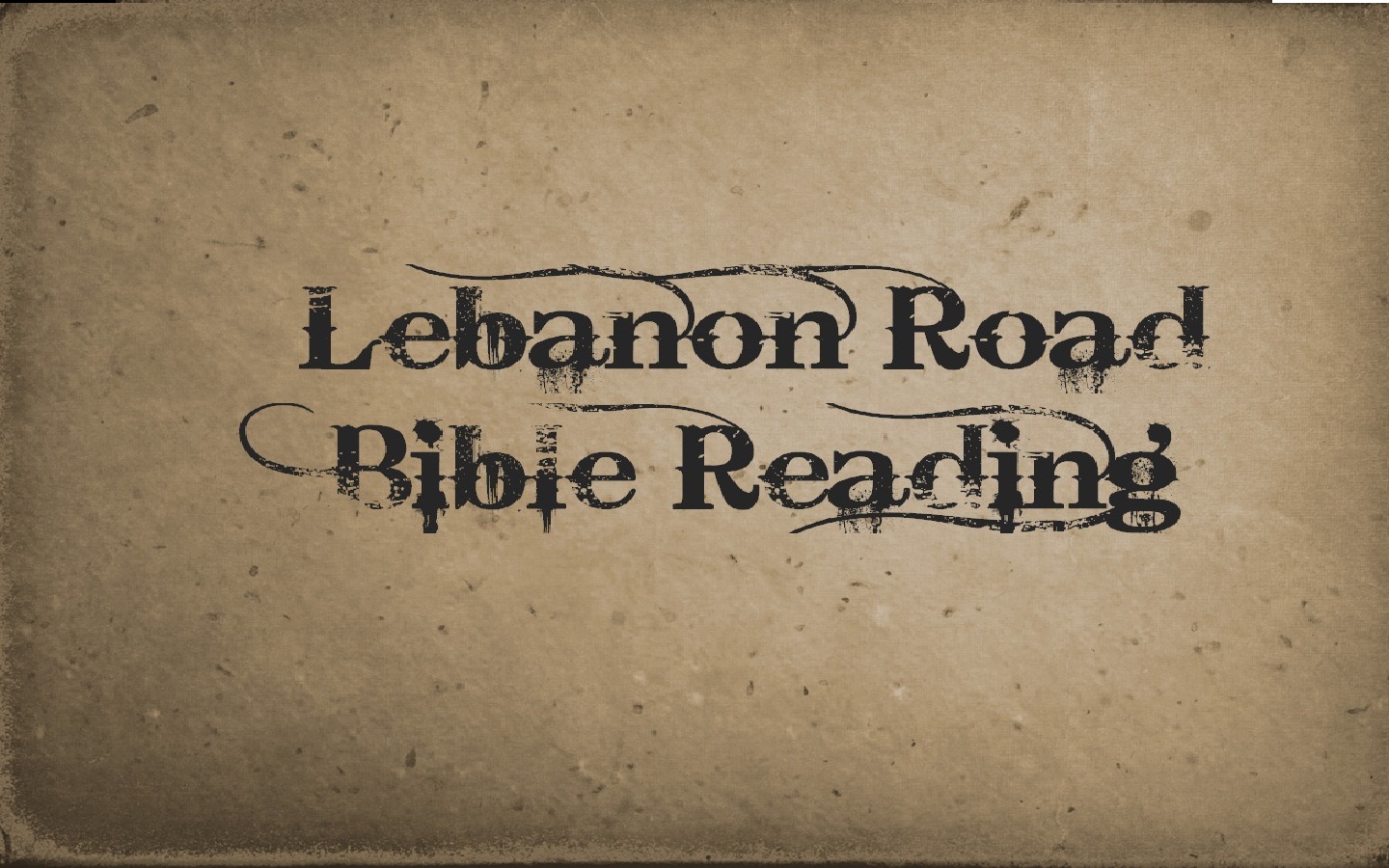"BrokeZags" Mountain
A group at Gonzaga University in Spokane, Washington, is trying to get students to stop using the new movie “Brokeback Mountain” as a slur against homosexual students. On Tuesday night, the head of the group HERO appeared on “The Situation with Tucker Carlson” on MSNBC. I have copied the transcript of their interview below.
- CARLSON: Welcome back. What‘s the worst thing you‘ve ever heard from fans at a basketball game? I‘m willing to bet it‘s not “Brokeback Mountain,” “Brokeback Mountain.” So why are professors and students at Gonzaga University in Spokane, Washington, telling spirited fans to stop chanting the name of a gay cowboy movie. And why are they chanting the name of a gay cowboy movie anyway? Here to answer those questions, Ryan Olson. He‘s the president of a group called HERO, it‘s a gay rights group on Gonzaga‘s campus. Ryan joins us tonight from Spokane, Washington. Ryan, thanks for coming on.
RYAN OLSON, PRESIDENT, HERO: Thank you for having me. I really appreciate it.
CARLSON: Why are you upset about this?
OLSON: Well, with anything, it‘s one of those things where this term that‘s meant to be a very positive aspect of life is now being turned into something that‘s very negative.
And it‘s something that, as a university, with our mission of respecting the whole human person, that‘s not something we want our students to really be saying against other students.
CARLSON: I wonder why it‘s something that‘s being said against other students. The implication of this is you‘re gay, right? When the fans chant “Brokeback Mountain,” what they‘re saying to the other team is you‘re gay.
OLSON: Yes.
CARLSON: Now, I think that‘s fair to say. Your position is there‘s nothing wrong with being gay, and a lot of people agree with you. A lot of people think there‘s nothing wrong with being gay. So why is that a slur, exactly?
OLSON: Basically, it‘s the new “that‘s gay.” You know, gay is meant to be that‘s happy, you know, and over time it‘s been turned into, you know, a slur by many students. And so this is just something that—it‘s pop culture. They‘re trying to make fun of it. And it‘s just something that our students really weren‘t thinking about before they said it.
CARLSON: Right. But, again, your position, it seems to me, ought to be calling other people gay isn‘t a bad thing if being gay is not a bad thing. And your position is that being gay is not a bad thing. So, again, why is that bad?
OLSON: Because the students—there‘s a difference between intent and what they said, you know. They were intending to intimidate this player into—because of his—with this antigay rhetoric, you know, and that‘s the thing, and that‘s the biggest issue that we‘re really facing.
COLMES: What do you want the school to do about it?
OLSON: Well, the school has taken many steps, you know, they within our letter. Everybody at Gonzaga, saying we do affirm our students at Gonzaga. And there is a place for everyone at Gonzaga. And so right now the administration of our school has really taken generous” steps to really plan a meeting with GOPBT students at our school to really talk about how we can make our school more affirming. This is one of those events that has really kind of woken a sleeping giant, in that this is an issue that has been really affecting Gonzaga for a long time. And it‘s something that‘s now kind of forced us to really look at what‘s going on. And we‘re looking now as a school at how we can change that.
CARLSON: It would just be a shame if this controversy ended up, as so many these do, with the university or people in power, whoever they are, telling other people what they can and cannot say. It seems to me it would be smarter for you, as the head of a gay rights group on campus, to embrace it and say, “Yes, you know, being gay is great, and so you‘re in fact complimenting the opposing team when you imply they‘re gay.” Wouldn‘t that be better rather than bossing people around and, you know, putting into place more speech codes?
OLSON: Well, it‘s not necessarily putting in more speech codes. It‘s more allowing for more speech. It‘s allowing for a dialogue to occur between students like myself to say, you know, this hurts me, this impacts who I am. And when you say that, it‘s not just against that one student, it‘s against me and your fellow students who are gay or lesbian.
And I think that this is—that we are trying to say that. We‘re trying to say we need to talk about these things. We can‘t just create this taboo on our campus as if it‘s not there, as if these students don‘t exist, as if I don‘t exist. And that‘s what our issue is, and that‘s why we really want to bring about a dialogue, you know?
CARLSON: All right.
OLSON: I think one of—one of the biggest things with the student section it‘s one thing to just have them say it, but how many people spoke up and said something against it, you know, and used their right to say something and say, hey, you know, this affects me. This is my students, my friends.
CARLSON: Of course, it‘s also possible they just didn‘t perceive it as a slur necessarily. I mean, I don‘t know. Not everyone thinks it‘s a bad thing.
Ryan Olson, president of HERO, the gay rights group on Gonzaga‘s campus, joining us live from Spokane. Thanks a lot for coming on.
OLSON: Thank you. I appreciate it.
What is more interesting about this is not that a student group wants homosexual rights on a college campus. The amazing thing to me is the university where these things are going on. If you search for “Gonzaga University” and look it up on the internet, you will find this description of the school: “Private four-year comprehensive university owned and operated by the Society of Jesus, the Jesuit order of the Catholic Church.”
While we simply would not be surprised (sadly) if something like this happened at a state school, such as the University of California-Los Angeles or The Ohio State University; is it not a bit shocking that there is a gay rights’ group at a Catholic school?
I have one more question: where does it stop? This group, HERO, says it is trying to protect GLBT students (that’s short for “gay, lesbian, bisexual and transgender”). Do these people have rights? Of course they do, but not because they are homosexual or bisexual. When will we understand that our civil rights do not come because of our beliefs, but, rather, come by being an American.
The Catholic church does, in fact, to use Mr. Olson’s words have a “sleeping giant.” What is it going to do? Will it continue to look to popular opinion for the answers, or will it (FINALLY) come back to “the faith once for all delivered” (Jude 3), the New Testament. Clearly, homosexuality is wrong (Romans 1; First Corinthians 6; Jude 7). Let’s make sure we love the sinner, but HATE the sin.


